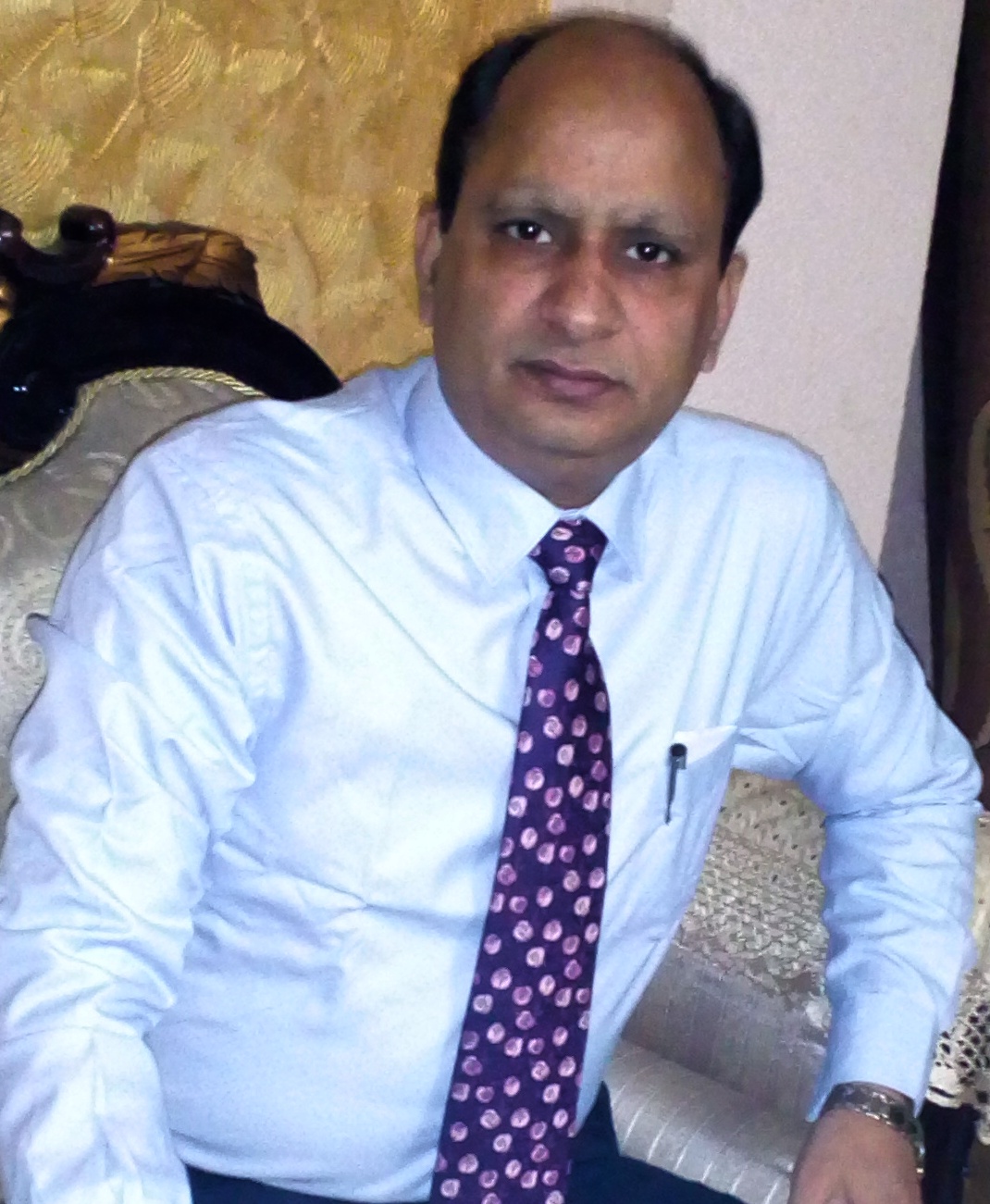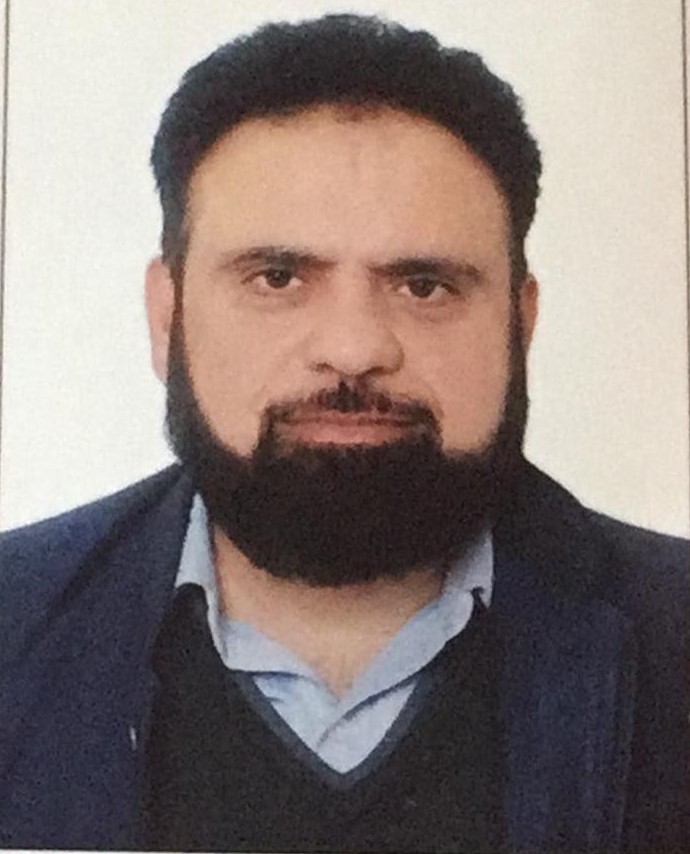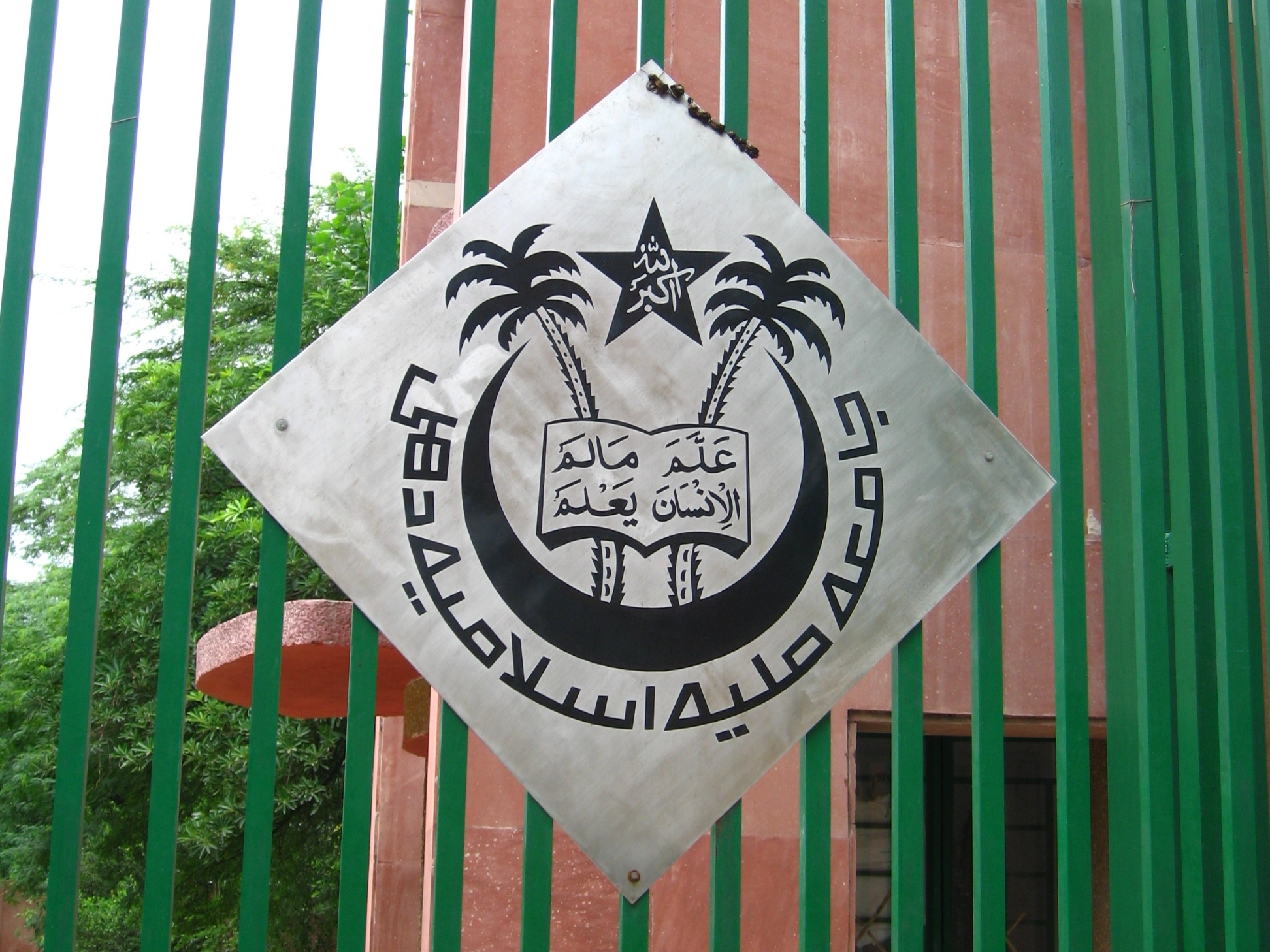BeyondHeadlines News Desk
New Delhi: Dr Tokeer Ahmad, Associate Professor at Department of Chemistry and Dr Asimul Islam, Assistant Professor at Centre for Interdisciplinary Research in Basic Sciences, Jamia Millia Islamia (JMI) have been selected for the Membership of The National Academy of Sciences, India (NASI) for the year 2019.
The National Academy of Sciences, established in 1930, is the oldest Science Academy in India. It is located in Allahabad, Uttar Pradesh. The main objective of the Academy is to provide a national forum for the publication of research work carried out by Indian Scientists and to provide opportunities for exchange of views among them. Being the oldest science Academy of the country, NASI has carved a niche in science popularization and promotional activities. In the recent past, the Academy gave outstanding performance with the active support of its Fellows and Members.

Dr Tokeer Ahmad did his masters in chemistry from IIT, Roorkee (2000) and PhD. from IIT, Delhi (2006) in the thrust area of Nanotechnology. Immediately after Ph.D., he joined Jamia Millia Islamia, New Delhi as an Assistant Professor, Department of Chemistry, in 2006 and became Associate Professor in 2018. He is privileged to work with Bharat Ratna Prof. C.N.R. Rao as visiting scientist in 2015 and 2016. Apart from his wide research interest on Chemistry of various advanced Nanomaterials such as multiferroics, nanocomposites, DMS, simple and complex oxides, Dr Ahmad is more inclined towards the development of functional nanostructures for photocatalysis, gas sensing and energy applications. He has supervised eight PhD’s, 54 postgraduate students and currently supervising eight PhD. students. Dr Ahmad has been instrumental to receive eight research projects from MHRD, DST, CSIR, UGC, JMI innovative programme and one international project from Saudi Arabia of worth more than 300 lacs. Dr Ahmad has published 102 research papers in peer-reviewed journals of international repute and authored a book on Principles of Nanoscience and Nanotechnology to his credit. His current research citation is more than 2475 with an h-index of 28 and i10-index of 59. Dr Ahmad has been the active life member of various National and International academic societies such as Indian Association of Solid State Chemists and Allied Scientists, Society of Materials Chemistry, BARC, American Nano-society etc. and also serving NPG’s Scientific Reports journal as an editorial board member. He has been an active reviewer of 75 different international journals. Dr Ahmad has delivered 66 Invited lectures and presented 105conference research papers at National and International platforms. Dr Ahmad has organized MHRD-GIAN Program (2016) and Science Academies Lecture Workshop (2013) as Coordinator and instrumental in organizing several conferences and symposia at JMI. He also served Jamia Millia Islamia as Coordinator, Swachh Bharat Mission (Urban) e-learning program of Ministry of Urban Development, Govt of India. Dr Ahmad has also received DST-DFG award from Govt. of India (2009), ISCAS Medal (2011) for the significant contribution in Solid State Chemistry more specially Nanotechnology and prestigious Inspired Teacher’s recognition from Hon’ble President of India in 2015.
Recently, Dr. Ahmad has also received Major R&D project grant under MHRD SPARC scheme in collaboration with Texas A&M University.

Protein misfolding is the primary cause of neurodegenrative diseases whereas cure to these diseases lies in understanding the mechanism of protein folding. Dr. Asimul Islam has contributed immensely to the problems related to the protein folding, namely, determination of protein stability in the presence of osmolytes and crowding agents that mimic the environment of the protein in the cell. Besides, his group has also contributed significantly in the development of excluded volume theory that explains how additives can affect protein stability. His work has focussed enormously in characterizing and highlighting the significance of protein folding intermediates such as molten globule and pre-molten globule.
Dr. Islam has published more than 110 research articles in internationally reputed peer-reviewed journals having research citations of 1725 with 20 h-index and 63 i-10 index. His research was funded by various research grants from CSIR, SERB-DST, UGC and ICMR. He has been instrumental in organising more than 15 National and International Conferences at Jamia Millia Islamia and presented his research in more than 30 National and International Conferences throughout the country including IIT-Delhi, IIT-Guwahati, IIT-BHU, Indian Science Congress, Algappa University, TN, Aligarh Muslim University, IISER Pune, IISER Mohali, Invertis University, Barely, Jamia Hamdard, DDU Gorakhpur University, National Centre for Biological Sciences, TIFR, Bangalore, Saha Institute of Nuclear Physics, Kolkata, University of Mumbai. He is life member of Indian Immunology Society, Society of Biological Chemists, National Magnetic Resonance Society, Indian Biophysical Society, Protein Society, Iran Society of Biophysical Chemistry, and Member of the European Peptide Society.
Recently, he is focusing in giving scientific solution to diseases like diabetes, obesity and Hepatitis B by cloning, isolating and purifying the therapeutic proteins related to these diseases and characterizing them using biophysical techniques like CD, UV-vis, fluorescence, &FTIR spectroscopy, dynamic light scattering, differential scanning calorimetry, isothermal calorimetry and mass spectrometry.






















